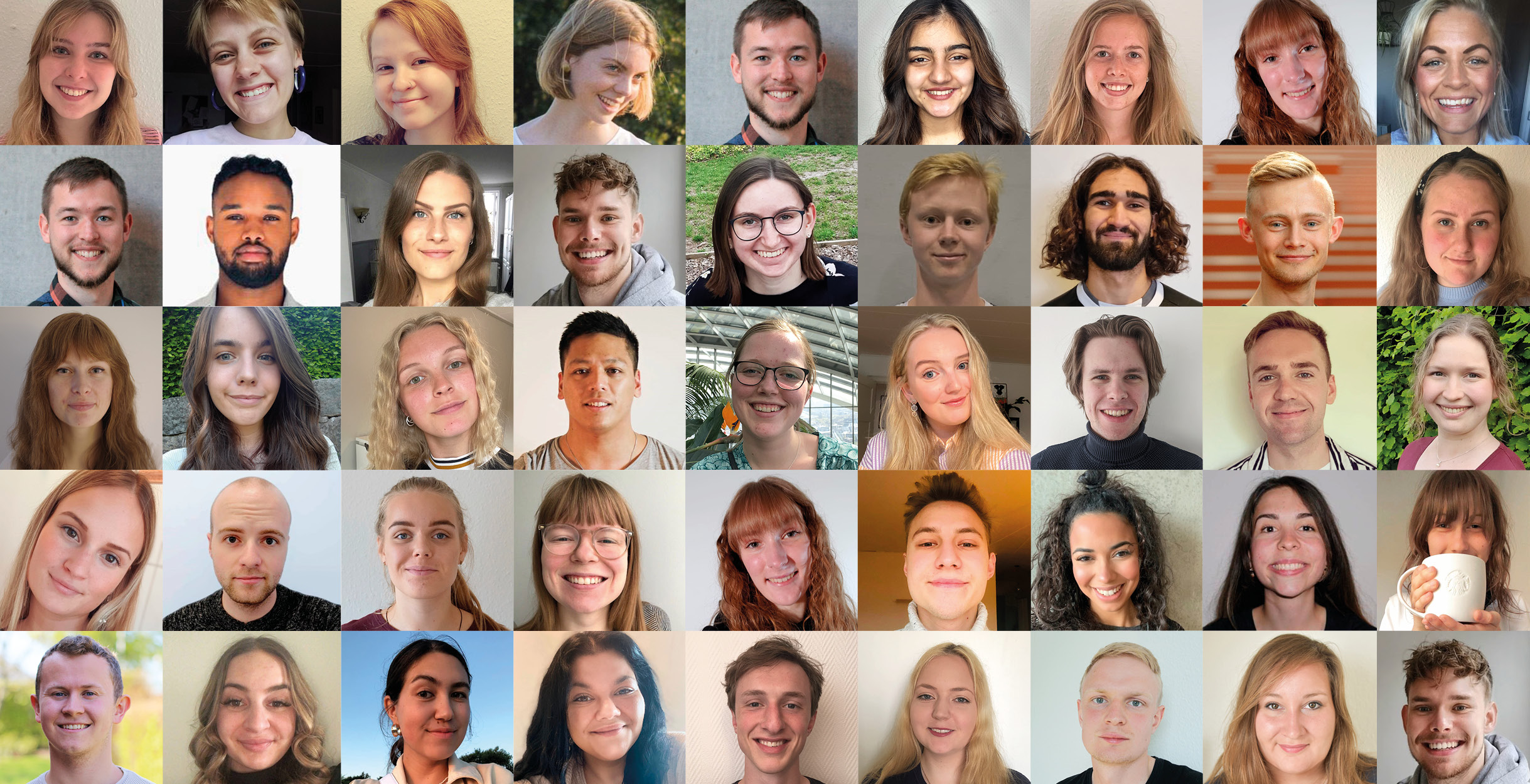Programme structure
The programme consists of 60 ECTS. The ECTS system helps standardise academic workload across Europe, with one full-time year equalling 60 credits, or approximately 1,500–1,800 hours of work.
Study start in the autumn semester (September). There is no admission in the spring semester.
The programme begins with a solid introduction to population trends and the methods used to study demographic change. Students gain analytical skills and explore key issues related to population, such as economic conditions, policy challenges, or public health.
As the programme progresses, there is a stronger focus on research design, data management, and applying knowledge to real-world demographic questions.
In the third semester, students shape their own path through study abroad, an internship, or elective courses. The final semester is dedicated to the master’s thesis—a chance to conduct independent research and apply the skills and insights gained throughout the programme.
